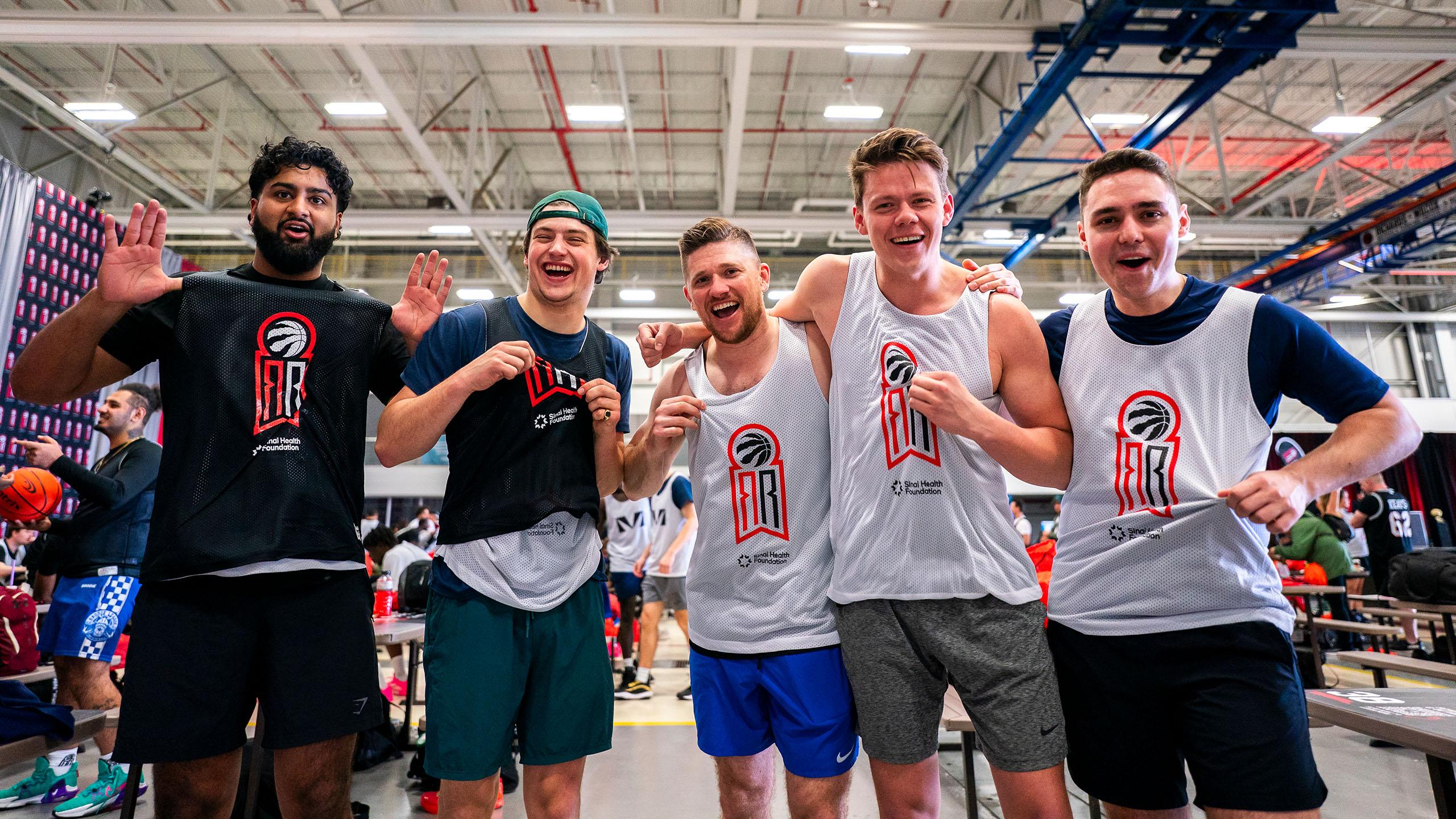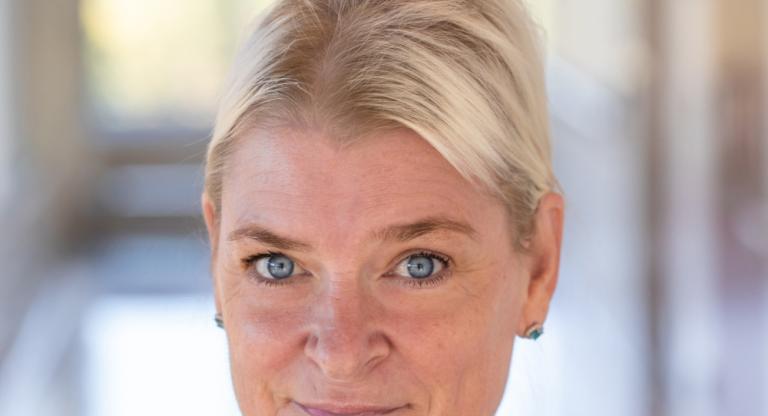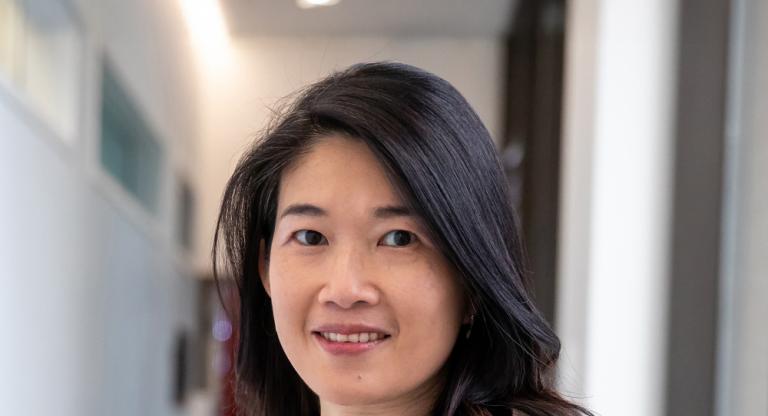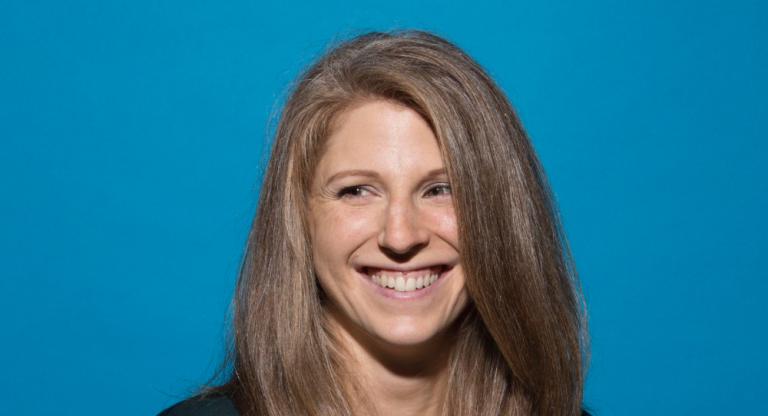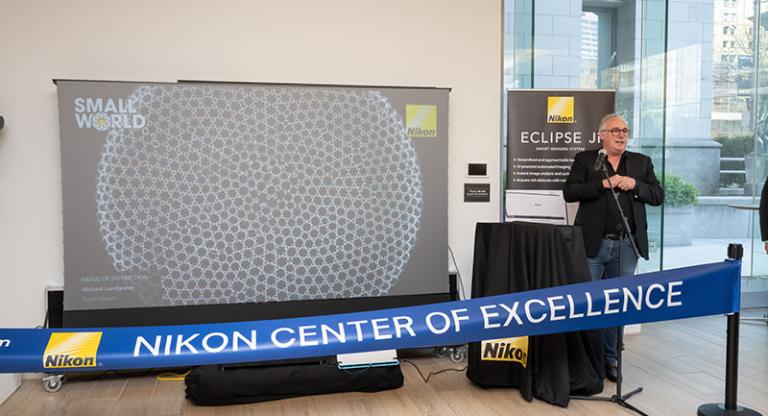Behind the science: Stephen Lye
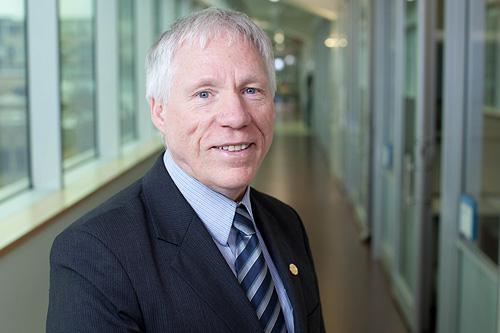
This interview with Dr. Stephen Lye, scientist at Sinai Health’s Lunenfeld-Tanenbaum Research Institute, or LTRI, is part of Behind the Science, a regular series from Sinai Health Foundation that asks some of its brightest and world-leading researchers about what drives their curiosity about the human body in health and illness. Dr. Lye recently took on the position of interim director of the LTRI, in addition to his role as a senior investigator in the Women’s and Infants Health Research Group.
What is your area of research and what are you hoping to discover?
Our goal is to support all families to help them experience a healthy pregnancy and optimal child development. We are particularly focused on the causes of preterm birth and preeclampsia, pregnancy complications that result in the death of more than 1 million babies and 76,000 mothers each year, worldwide.
What’s been your biggest ‘A-HA’ moment to date?
The recognition that maternal immune cells are critical to a healthy pregnancy. They contribute to the formation of the placenta, which is critical to fetal development, and their activation near the end of pregnancy leads to the onset of labour. This knowledge has led to the development of test to predict preterm labour and of potential therapies to prevent preterm birth.
What’s one of the biggest challenges you’ve faced and why?
Maintaining funding to support the research activities of the lab was hard when I started my career and has gotten significantly harder as my career has progressed. While writing grants has benefits in forcing you to define the critical studies needed to realize your research goals, while constantly writing grants limits time for creativity and reduces the incentive for high risk, high reward research.
What’s been one of your greatest rewards in your career so far?
Contributing to the growth success of our Women’s and Infants Health Research Group which integrates basic and clinical scientists within LTRI and Sinai Health, as well as the international friendships and collaborations in South Africa, Kenya, India, China, Cuba and across Canada developed through the Alliance for Human Development.
What is one thing you’d like to accomplish in the next decade?
Advancing our predictive tests and therapies for preterm birth through clinical trials, commercialization and into practice.
Did you change any of your or your family’s habits as a result of anything you learned from your research?
Attending Grand Rounds in Ob/Gyn, I heard so many presentations of clinical problems that I wondered how any baby made it through pregnancy unharmed. My research taught me that the biology involved in the creation of a new human individual from a single cell (the fertilized egg) is nothing short of miraculous and that this biology ensures that the vast majority of babies are born healthy and ready to thrive.
What advice would you have to share with your 19-year old self?
Never give up. When experiments do not provide the expected results, rethink maybe you’ve discovered something important. When a grant isn’t funded, re-submit or it will never be funded. Above all surround yourself with people who are much smarter than you are and learn from them.
What is on your bucket list?
I’d like to travel the world and spend an extended time soaking up cultures and sights, as well as sampling local food and drink. While I’ve been lucky enough to travel to many countries, too often this has meant limiting my experience to a few days in a bland hotel or conference centre before returning home.
What would your perfect day be like?
A day spent with my wife at her holiday condo on a quiet beach village in Thailand. Early morning walks, swimming in the pool, buying fresh seafood in the local market, a late afternoon stroll along the beach as the sun sets and eating dinner on the patio.
Who would you invite, alive or dead, to your dream dinner party?
I could think of a famous scientist, statesman, entertainer, or sporting legend, but the truth is I am most happy with friends and family. However, if I was pushed I would say Barack Obama. He stands head and shoulders above other politicians, a real statesman, and if he would talk freely I think it would be a very interesting evening. In terms of historic figures, maybe a philosopher like Plato or Aristotle, to let my mind run free.





